Food for thought time this week. Being on a boat, moving about all the time has given me a heightened sense of belonging which seems so strange, when it doesn’t seem as if now I belong anywhere!
It’s made me curious about what it is that makes us feel we belong? Is there anything from this experience that can help others – in employment, at school or college or university – in a new house – or even in a new country?
Why does it even matter? Psychologists are clear it does, but we ourselves know that feeling we belong is important to happiness, engagement and productivity. It helps us feel settled, secure and productive in relationships whether personal or professional. It’s good for us, and those around us.
During lockdown/s it’s clear some of us have felt a new sense of belonging in our homes and local communities, where we’ve been spending much more time, and conversely a reduced sense of belonging in our workplaces which some haven’t seen for over 12 months. It was the pandemic with its unsettling uncertainties which drove us from a 4-bed detached house into a 50ft floating home (coincidentally both were built in 1989). I know that had I felt a strong sense of belonging in the university where I was then working, it would have been more difficult, if not impossible for me to make that huge change, giving up the permanent job in favour of a freelance, peripatetic way of working. I’m eternally grateful that I made that move.
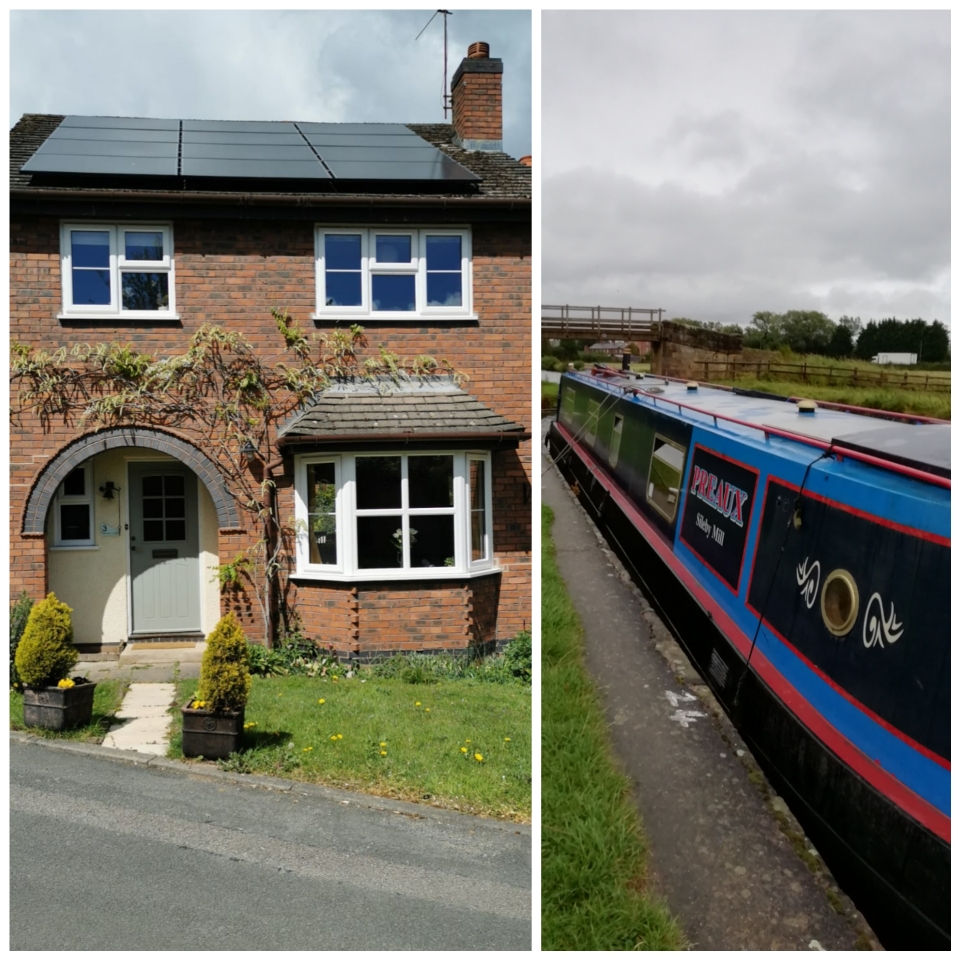
According to Maslow, the American psychologist whose 1943 heirarchy of needs has validity today, belonging comes in the third tier. So for us to even be able to even consider belonging – hunger, thirst, comfort and safety need to be addressed. Safety is something I have been hearing a lot about from people I am working with as they return to face-to-face working. They articulate fears of being found wanting by bosses and colleagues, of having enjoyed too much working from home without that sense of being constantly judged and found wanting. Are they imagining it? Whether they are or not, it indicates a lack of trust in their management and colleagues that creates insecurity.
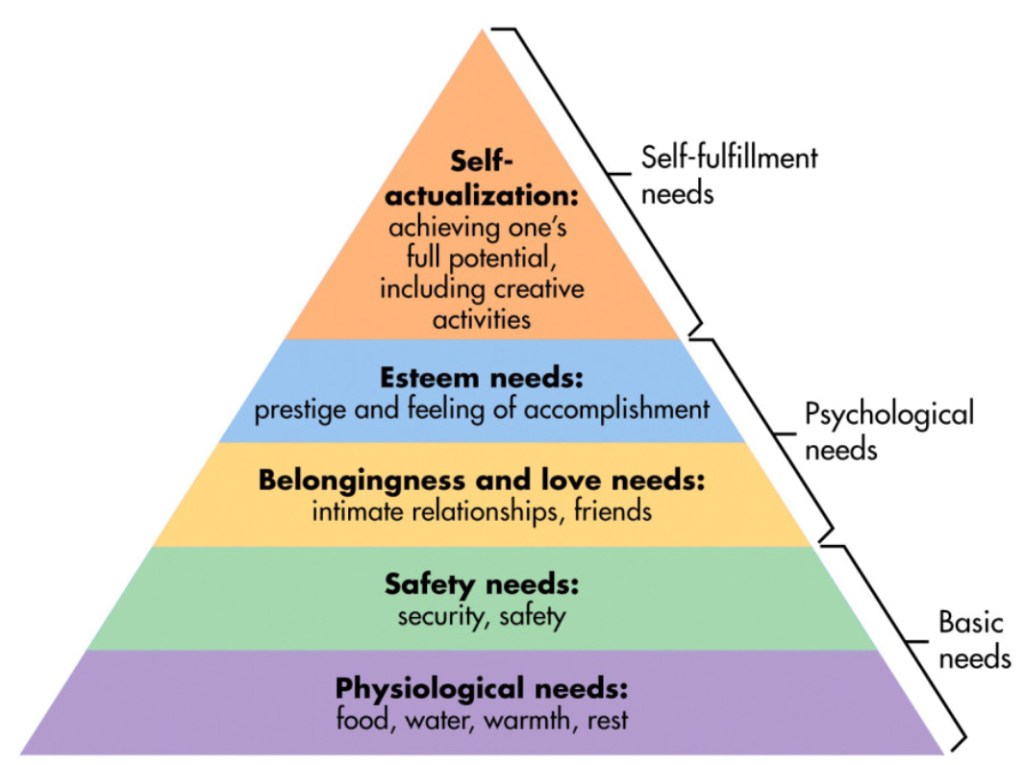
Just looking at this pyramid of Maslow’s makes me realise just how much more complex belonging is in reality for us all. The experience of 3.5 months in lockdown in a single place, when normally living on board a boat which is continually cruising means staying in a place for a maximum of 14 days enabled experiential evaluation of what is it that makes us feel we belong. I realised it is about the small things, it is about us ourselves and how we respond to others, as much as it is about how others respond to us.
Firstly in our case, I wondered where is it we are belonging? It’s a multilayered situation, like an onion. At the heart we are belonging in our own skins. Belonging on a boat. Belonging on the canal and river network. Belonging fleetingly in all those places where we stop, some inhabited, some not. It’s also about belonging not just to individual places but to the whole, belonging in the country, in the nation. Living so close to nature, to the ever-changing countryside and its different facets, enables us to feel more connected – building a greater sense of belonging through appreciation and understanding. It is hard to belong somewhere you don’t appreciate or understand.
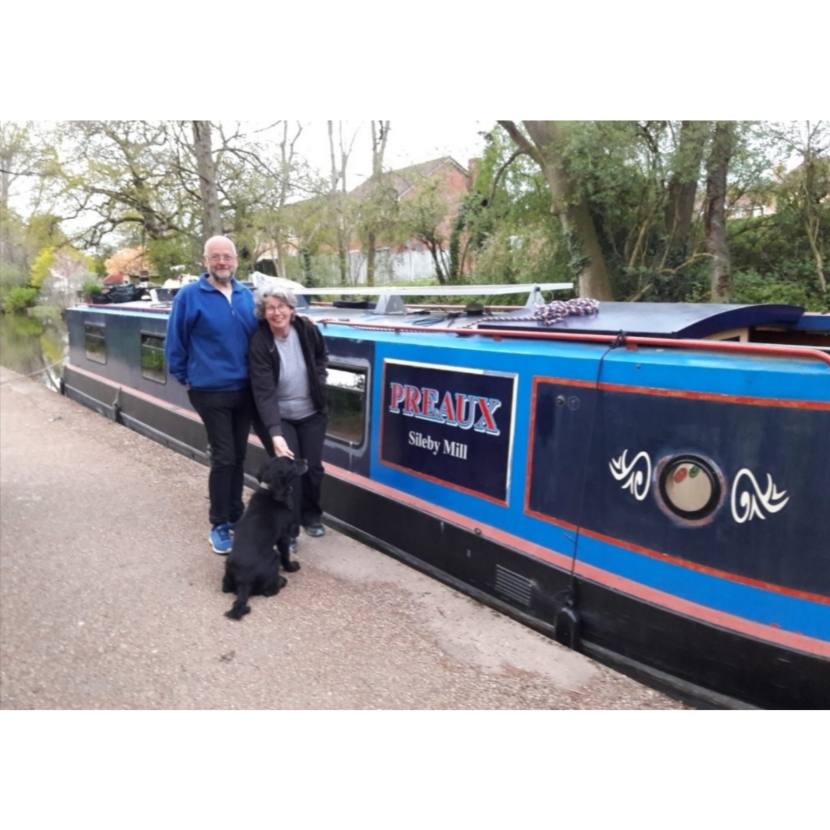
This floating way of life, working and living onboard is one we are making together, Steve and I. It makes me wonder if the fact there are two of us helps. We have a sense of belonging to each other, that we carry with us wherever we are. We have though, in our lives together, spent years apart living in different countries, in my case in places where I didn’t always speak the language, and the sense of belonging I particularly experienced in at least two of those instances was immensely strong, so it’s not always the fact we are a team.
What creates a sense of belonging? It’s not about big gestures or statements. I experience it in the little things, a smile, a wave, a cheery good morning. It makes me realise that the dog has a big part to play. Wherever we go, we are instantly part of the dog walking community. I always have a pocket of dog biscuits – a surefire way of guaranteeing obedience from our dear deaf old spaniel, a way of dispelling potential canine aggression and they make a conversation starter with another owner about whether they mind their pet having a biscuit.
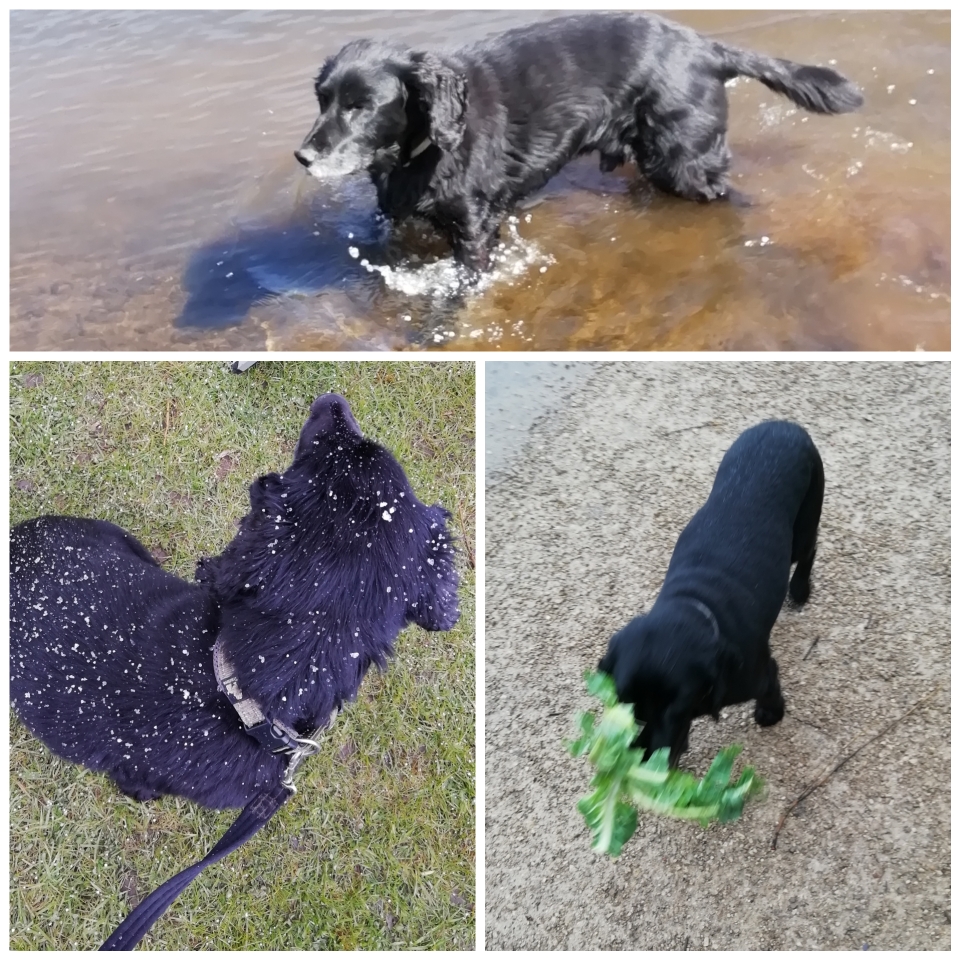
Feeling part of a community is one element of this sense of belonging. A friend and former colleague asked this week how we managed without community, and the simple answer is, we don’t have to. Wherever we are we are part of the dog owning, dog walking community which so many have become part of lockdown. That in turn leads to shared experiences, another important element in belonging. We and these other dog owners know we have all walked our pets in the torrential rain, the sun, the wind, the early morning and the dark of night. Some will have stronger bonds of belonging, they will have seen each other daily for years, they may have walked together in the wind and rain, but even without that added togetherness we belong together through shared experiences.
It’s the same with the boating community. Whether your boat is new and expensive or only just staying afloat, you are part of a community of boaters. As in any community, there are communities within the community afloat. There are the continuous cruisers, the marina moorers, the weekend boaters, the floating traders, those who have a share in a boat and those who are holiday boaters. All are part of the wider community of boaters, but they also belong to different sub groups too. Vintage engines, different types of boats, boats from different makers, all create separate sub communities within those communities too!
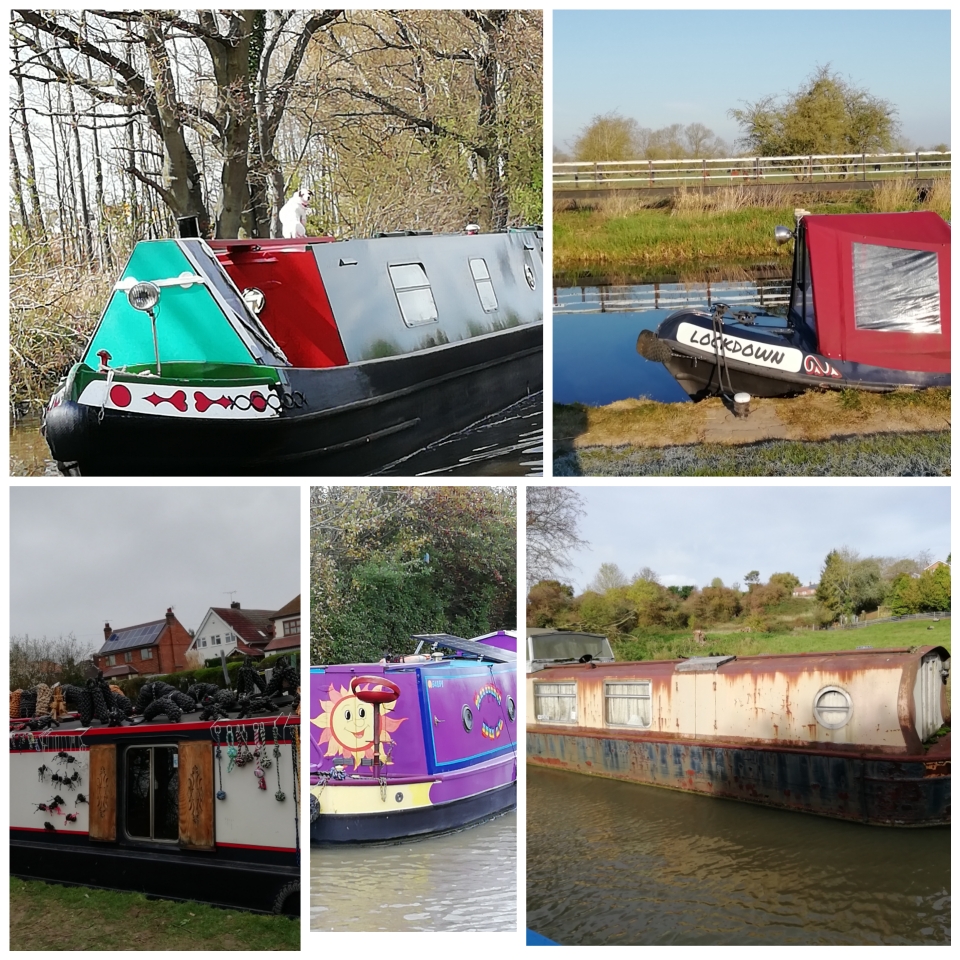
In societies culture, language, accent, religion and location all create opportunities for belonging. In the same way they can all create opportunities for division and fracture, dislocation and alienation. The clear local identities we have seen and heard as we have traveled across the country from the Trent to the Mersey has been apparent in regular daily greetings, accents that indicate something about where people belong or have belonged – here’s a quick summary:
- Nottinghamshire – “Ay up miduk”
- Derbyshire – “Yer reet duk?”
- Staffordshire – “Orate?”
- West Midlands – “Tarara bit.”
- Cheshire – “Hi, ahrite?”
- Merseyside – “‘iya!”
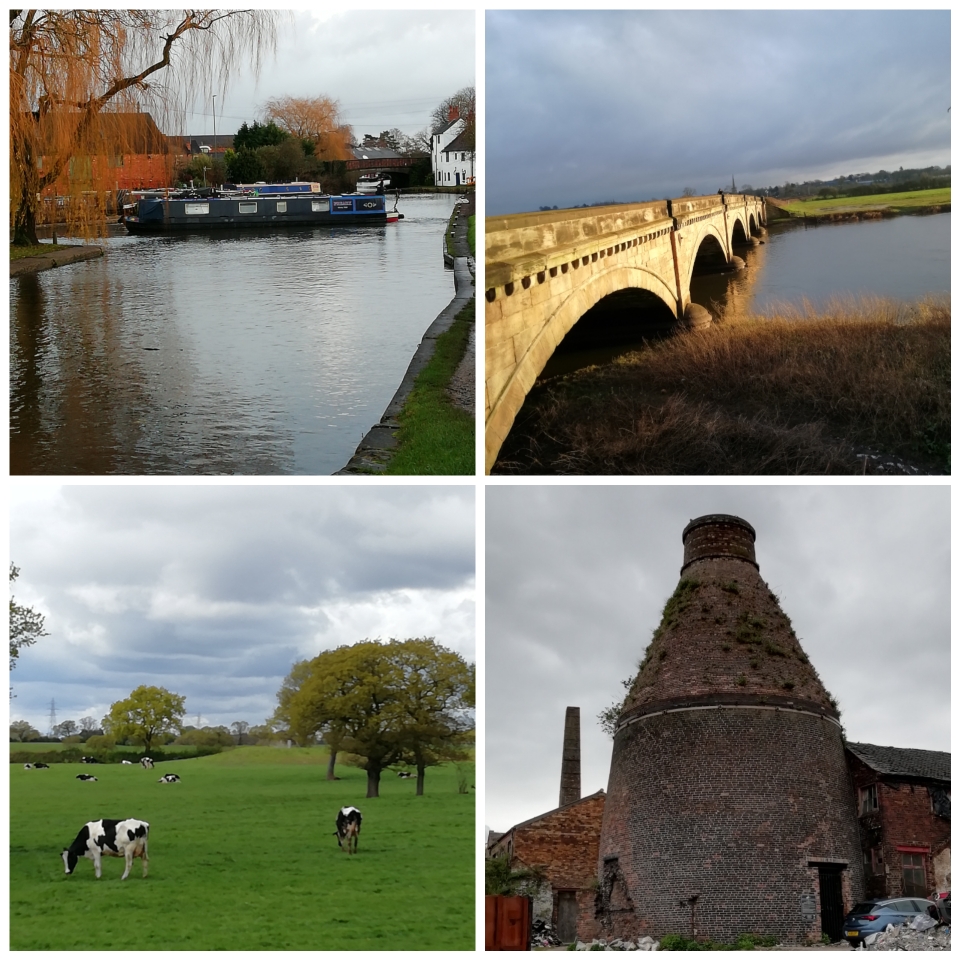
We’ve heard the changing accents, signalling identities at lock gates, supermarket checkouts, in friendly exchanges as we dive off pavements to try and give others as much space as possible. It is of course totally possible to drive the 92 miles from Shardlow to Preston Brook in a few hours whilst it has taken us from 19 December last year until now, nearly 5 months. It would have been a bit quicker, but a lot less rich in experiences without 14 weeks of lockdown spent in South Derbyshire, and a week in Middlewich waiting for 4 small studs (I thought they were bolts to be honest) to appear over a Bank Holiday! They did turn up in the end but old boats are like old houses, there’s always something else – in this case an issue with the threads the studs were going into, so we ended up having to call in River Canal Rescue for some emergency canalside engineering expertise.
Traveling slowly allows you to absorb more of the places and people that give these places their identity. You stop more often than you would in a car which would whizz through. The countryside is your route. You feel the hills and experience them through tunnels and locks as you travel up and down. Your passage through the land is an experience that demands effort and gives rewards in return. This involvement with the landscape develops a deeper sense of belonging.

For some a key way of belonging is developing a sense being needed within a community, contributing to the whole. This can manifest in small ways, the friendly waves exchanged between boats, more physical ways like sharing the physical work on locks, or as we’ve seen so clearly this week, and been so grateful for, helping those in need of a hand. Creating opportunities for mutual support or mutual dependence, often through projects, sports or assessments is something which can develop connections between individuals that contributes to a sense of belonging in schools, colleges, universities and workplaces. This can be developed well off site if there’s a will. It is an investment in the future. A strong sense of belonging affects not only how people feel about a place, an employer, or a university today or tomorrow, but how they talk about it, promote it, care for it and in some cases financially contribute to it for decades as alumni. Effort repays in often unexpected ways.

It is of course perfectly possible to have opportunities to belong, and to reject, or repel them all. The individual has to feel wanted, to feel their contribution is valued in order to feel they belong. It comes back to Maslow’s heirarchy – if we don’t feel safe in being ourselves, in contributing to a community or feel genuinely valued then that will taint and inhibit how we act and ultimately our sense of belonging. It will reduce loyalty and commitment, not usually to the job but to the employer.
It makes me realise how important it is for employers and institutions to re-engage with colleagues and students after the pandemic. Recognising that everyone is returning from a different experience is important, whether they are returning physically or not. Providing safe, genuine opportunities to share what we have all learned from the past year to develop a new way of working which draws on the entire community could be one way of developing a stronger sense of belonging for the future. We are all different because of the experiences we have individually lived through, and this may provide invaluable input for how communities and/or sub communities work better in the future.
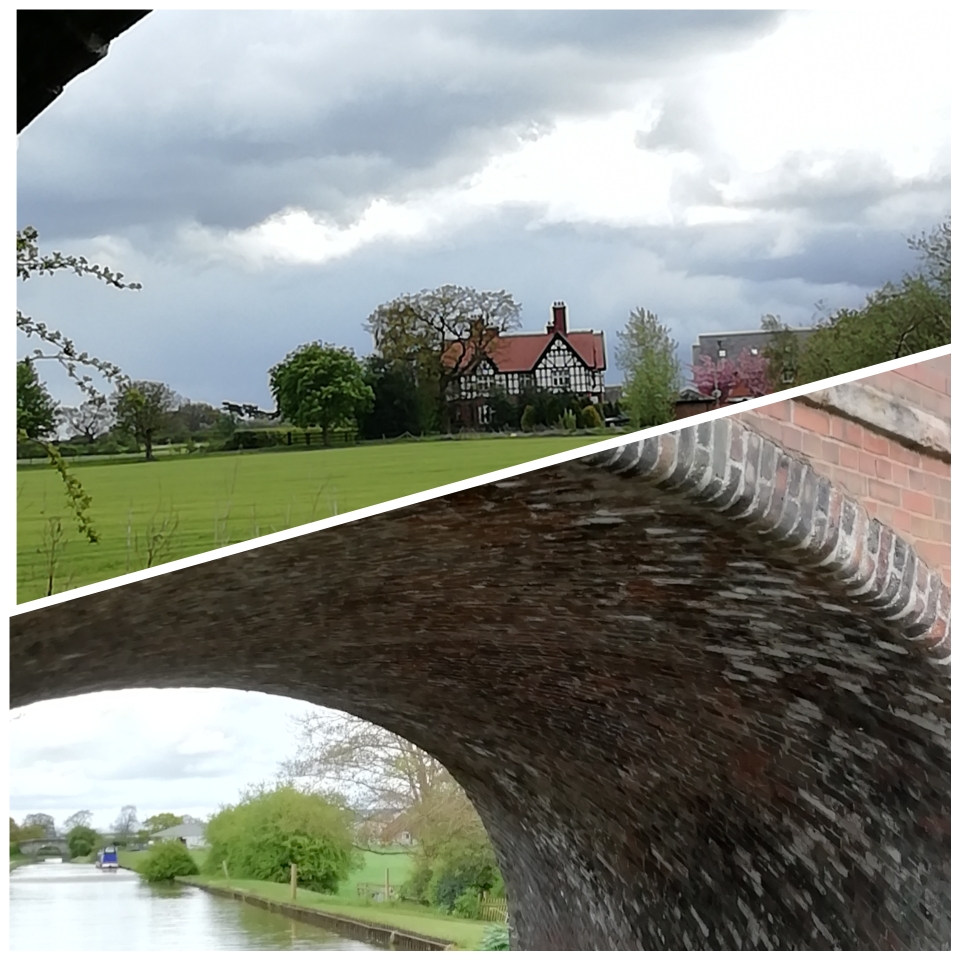
In the last year we’ve all been on a journey with different perspectives, different views. By having an opportunity to come together and share what we have seen, learned and heard in that time, we can enhance our collective futures. For those in the lead, making space for people to know they are wanted and valued, to encouraging sharing of learned experiences without fear or favour is vital to develop a lasting sense of belonging.
As individuals though, just as we have the capacity to change how people respond to us with a smile or a scowl, we need to be open to the demands of belonging – if that is, we want it to happen. We need to understand ourselves to let that happen as Benjamin Hoff’s The Tao of Pooh explains so well:
“When you know and respect your Inner Nature, you know where you belong. You also know where you don’t belong.” [emphases are mine]
So if you find yourself somewhere you know you don’t belong, untie your ropes and just quietly, gently, calmly move to somewhere you do. Enjoy the journey.
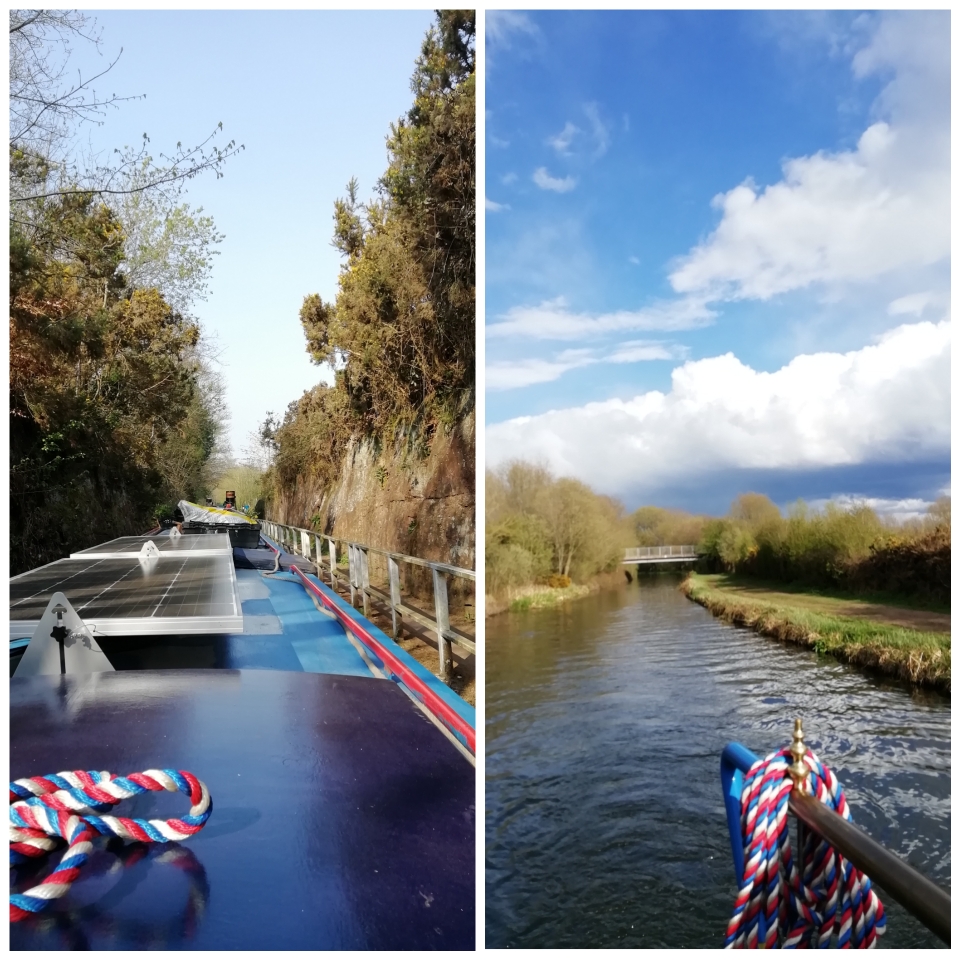
You’ll find out when and where you belong – just like a duck in water.

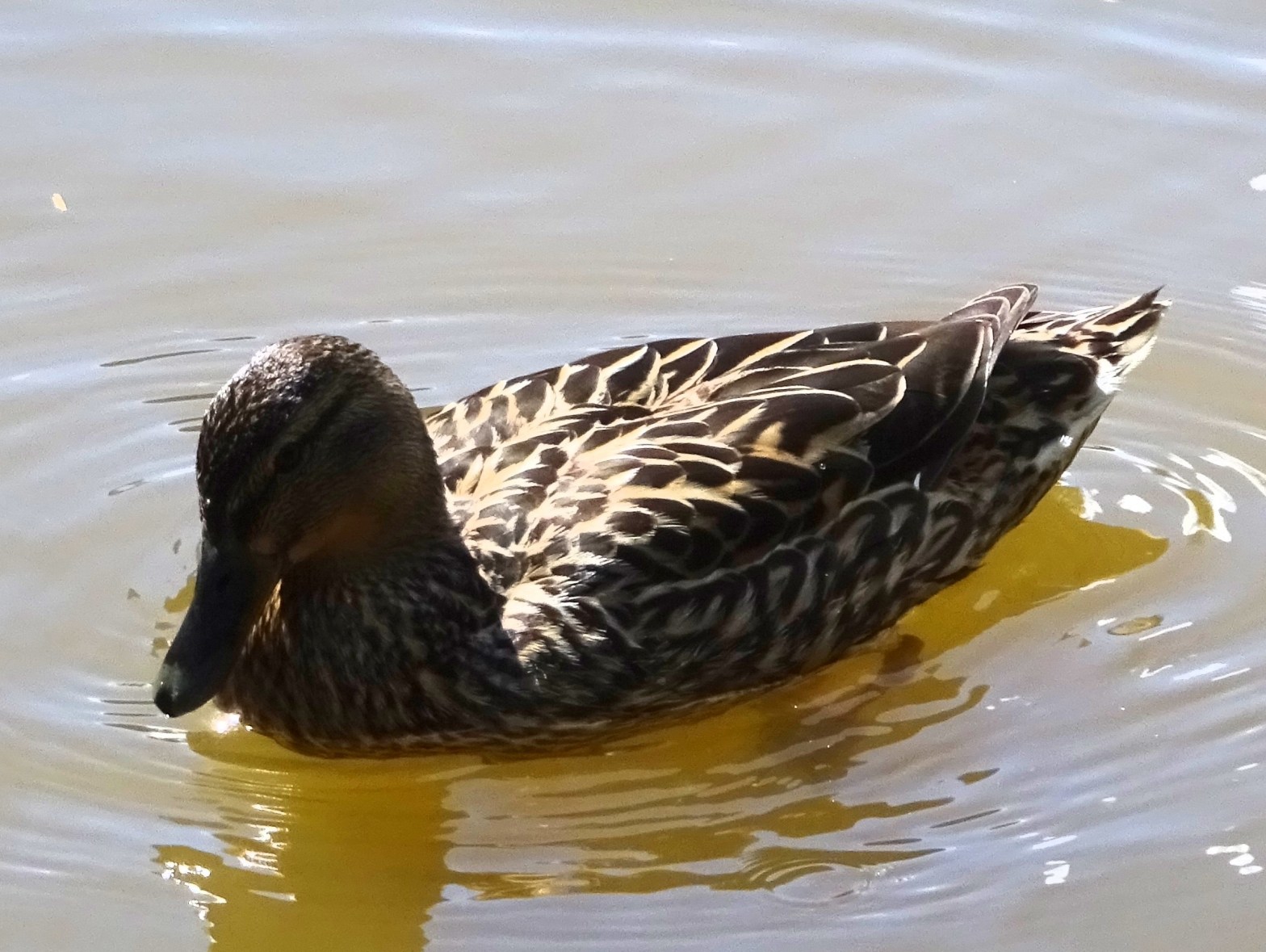
To belong is so important to our well-being but recognising when you don’t belong and seeking a better fit is also essential to our well being.
LikeLiked by 2 people